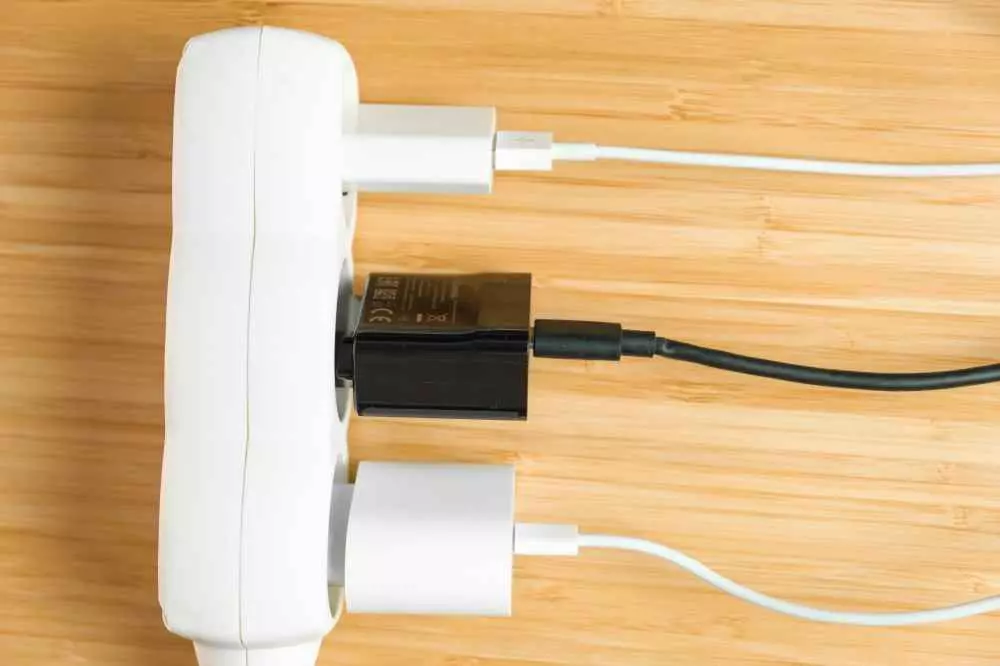Trends in the industrial connector industry
Introduction
Industrial connectors play a key role in the manufacturing industry, enabling the efficient connection of various parts and components. With the development of technology, trends in this field are also changing. In this article, we will discuss the latest trends in the industrial connector industry and their impact on the development of the sector.
Development of smart connectors
Smart connectors are gaining popularity in the industrial sector. With their advanced features, they enable precise control and monitoring of various parameters. Integrated sensors enable the collection of data, which allows efficient management of production processes. Smart connectors are also adapted to the industrial environment, featuring high durability and resistance to external factors.
Key benefits associated with the use of smart connectors include the ability to predict failures, optimize production processes and reduce costs. Smart connectors also allow remote control and monitoring, which speeds up response to potential problems and failures. This, in turn, increases production efficiency and reliability.
The rise of optical connectors
With the development of fiber optic technology, optical connectors are becoming more common in the industrial sector. Commercially available optical connectors are extremely efficient and reliable. They are characterized by high bandwidth and low signal attenuation.
The use of optical connectors allows the transmission of large amounts of data in a short period of time, which is crucial in today's world where response time is extremely important. They are also resistant to electromagnetic interference and external factors, ensuring reliable data transmission even in harsh environments.
Growing demands for industrial connectors
As technology develops and manufacturing standards rise, so do the requirements for industrial connectors. The number of pins, data transmission speed, vibration and moisture resistance are just some of the requirements that manufacturers are placing on industrial connectors.
In response to these needs, industrial connector manufacturers are launching new solutions that meet the most stringent requirements. As a result, industrial connectors are able to meet the requirements of various industries, from automotive to energy or telecommunications.
Increased assembly flexibility
Traditional industrial connectors have often been difficult and time-consuming to assemble. Thanks to the increasing flexibility of the new solutions, assembly of industrial connectors is simpler and more efficient. The new connectors feature ease of connection and disconnection, which significantly speeds up the process of assembling and disassembling various devices.
This assembly flexibility also allows connectors to be more easily adapted to different projects and applications. An industrial connector manufacturer can customize connectors to meet unique customer requirements, allowing the solution to be personalized and optimized.
Summary
Along with technological developments, the industrial connector industry is evolving rapidly. Trends such as smart connectors, optical connectors, and increasing requirements for durability and flexibility are driving the industry forward. It is important for industrial connector manufacturers to be aware of these trends and adapt their solutions to the growing needs of customers. Only in this way will they be able to remain competitive in the market and meet industry expectations.